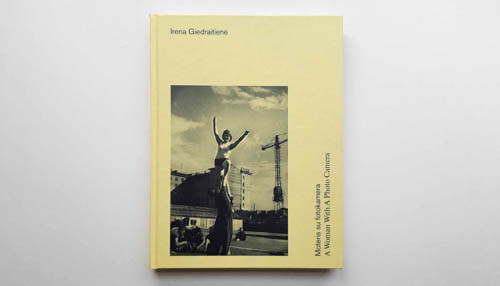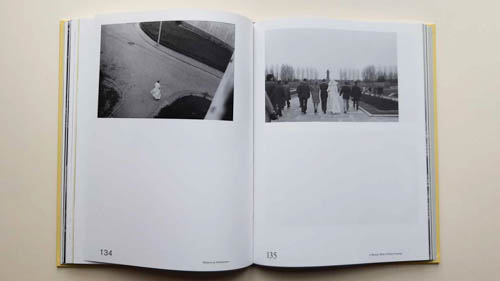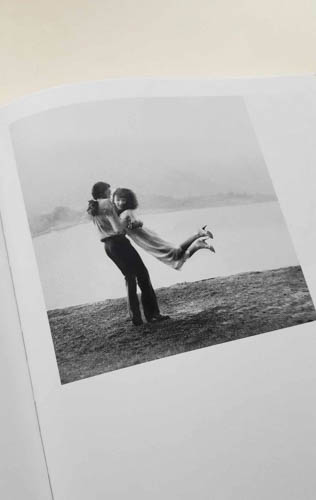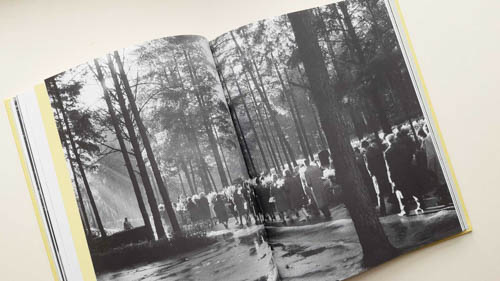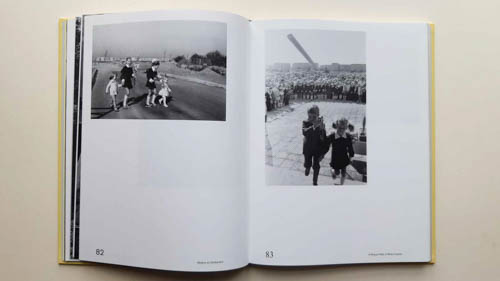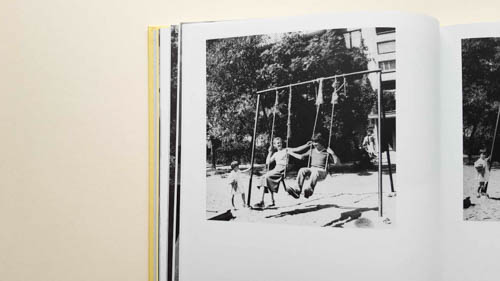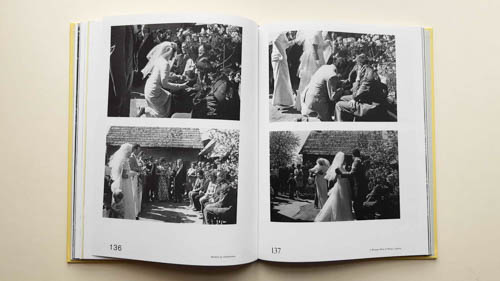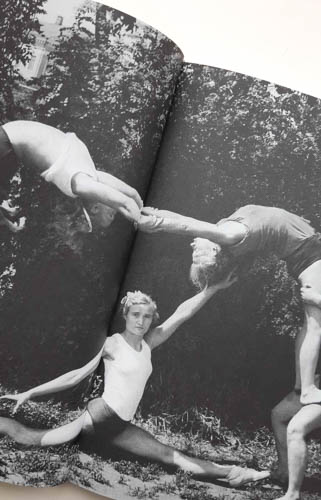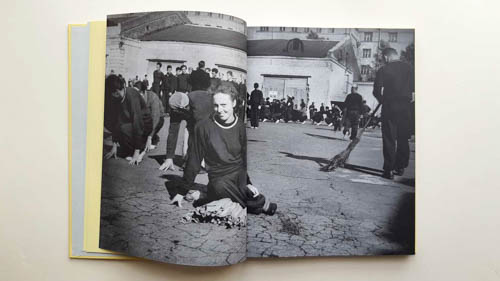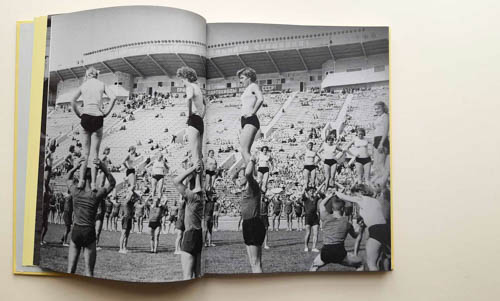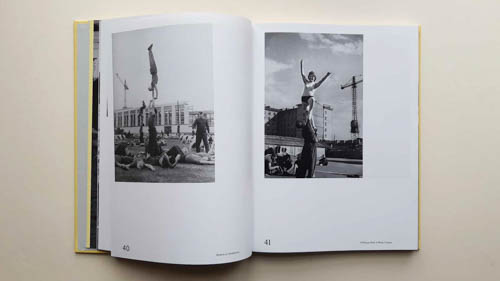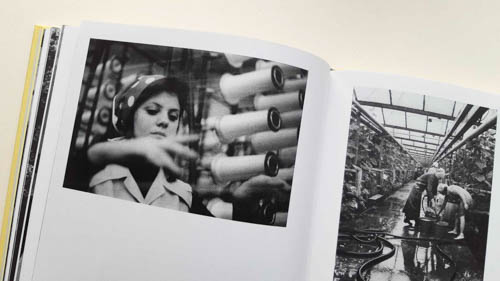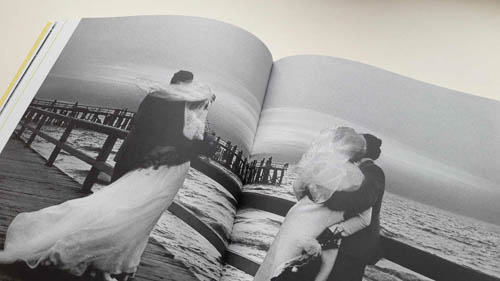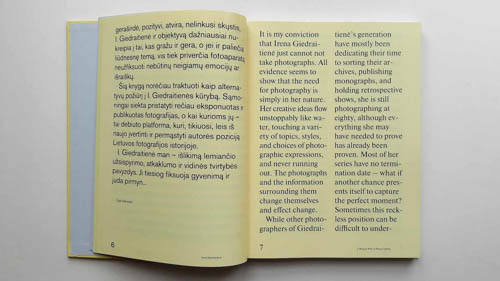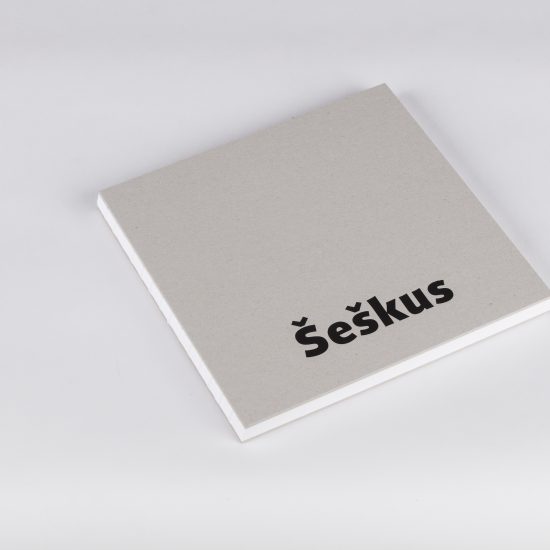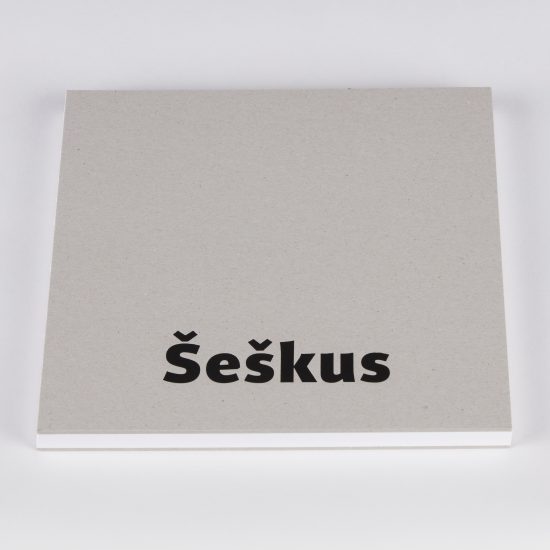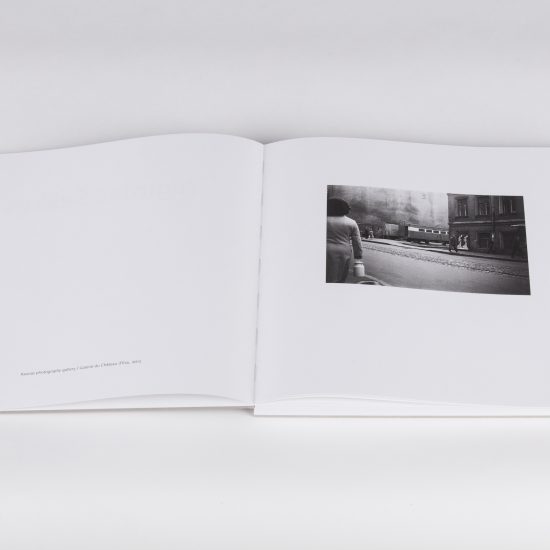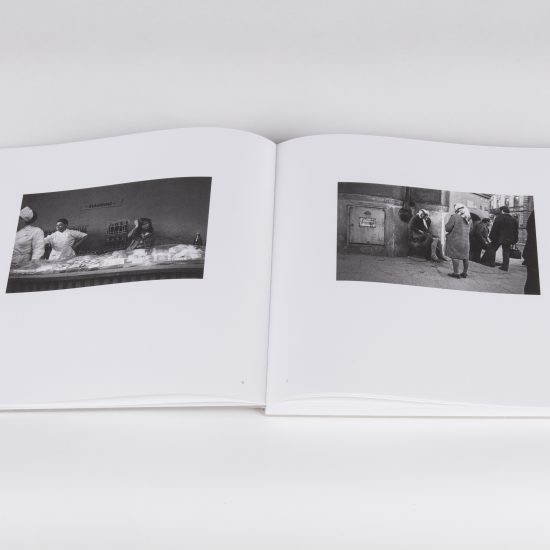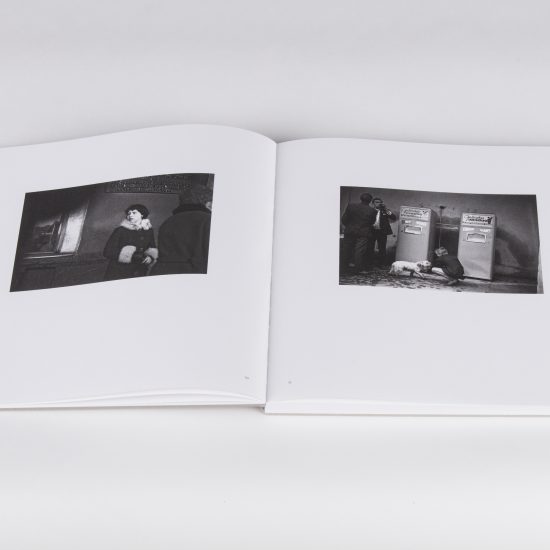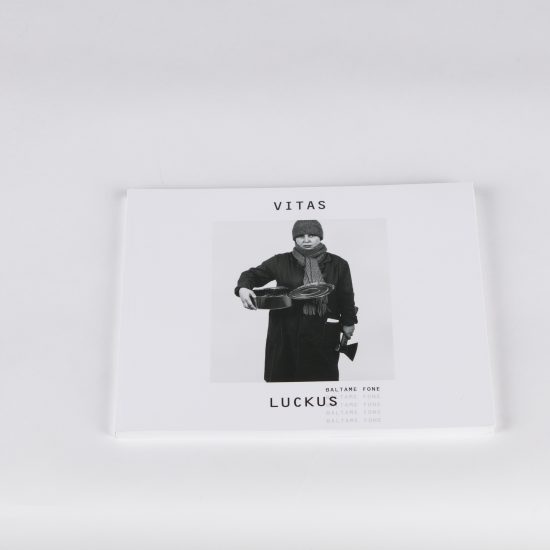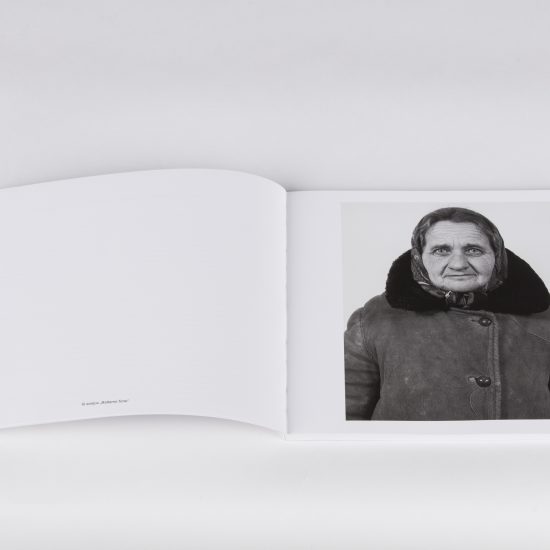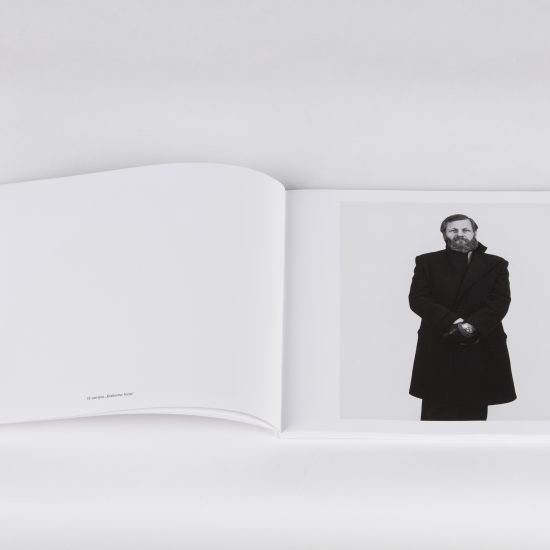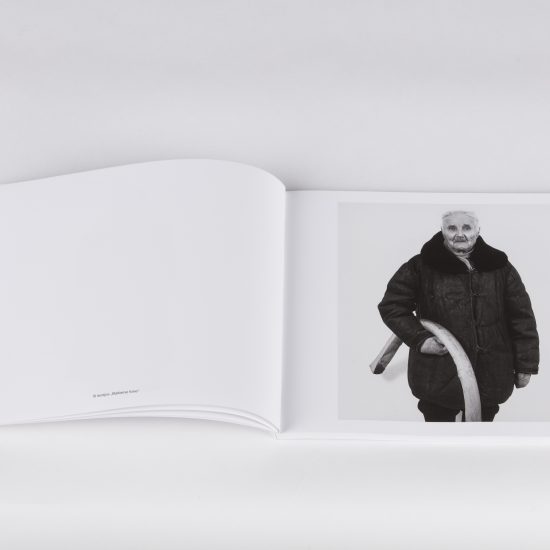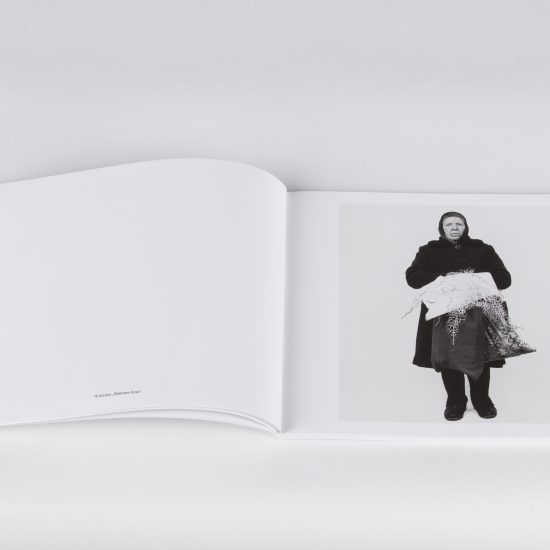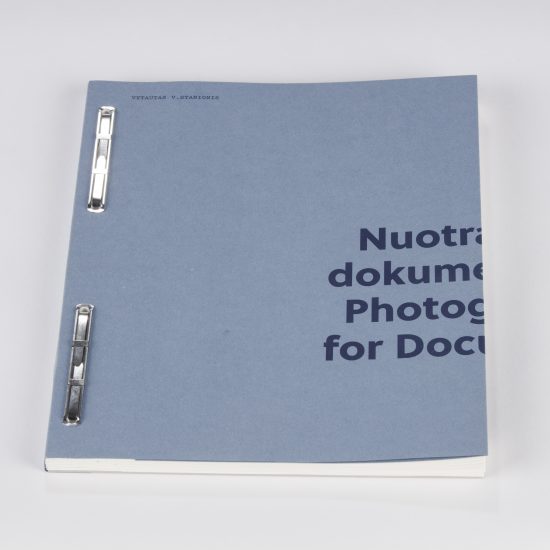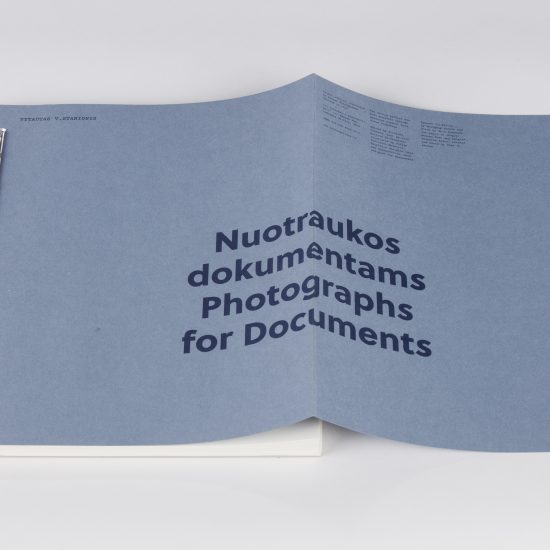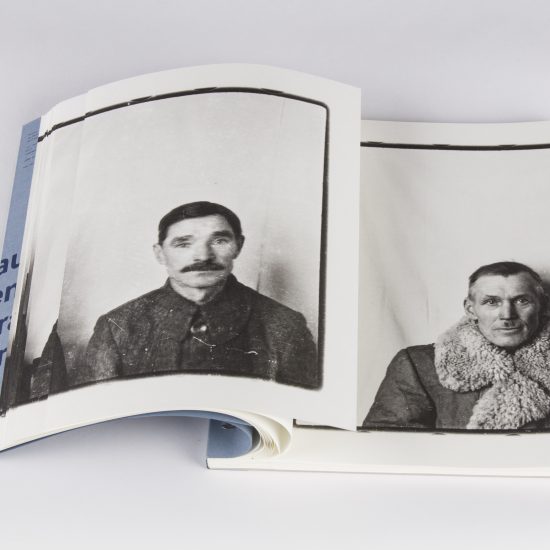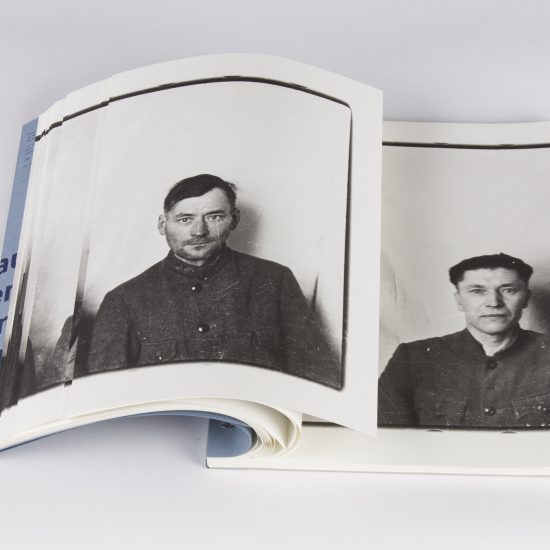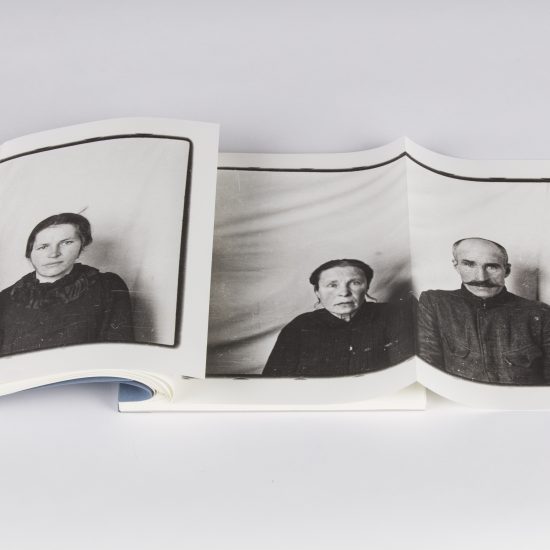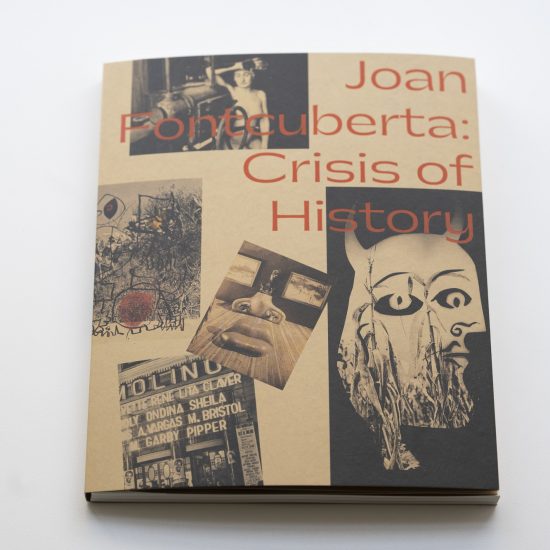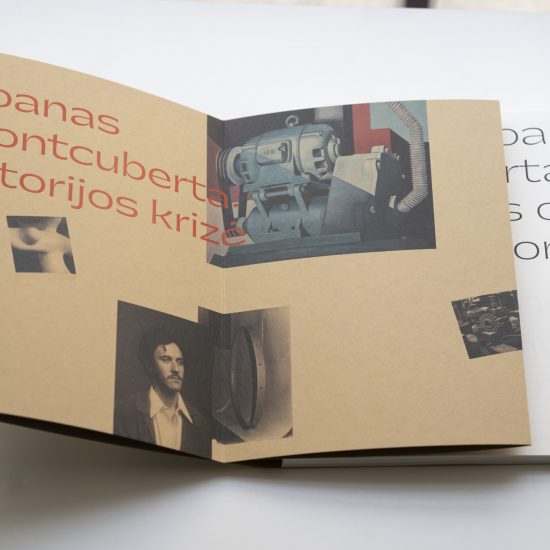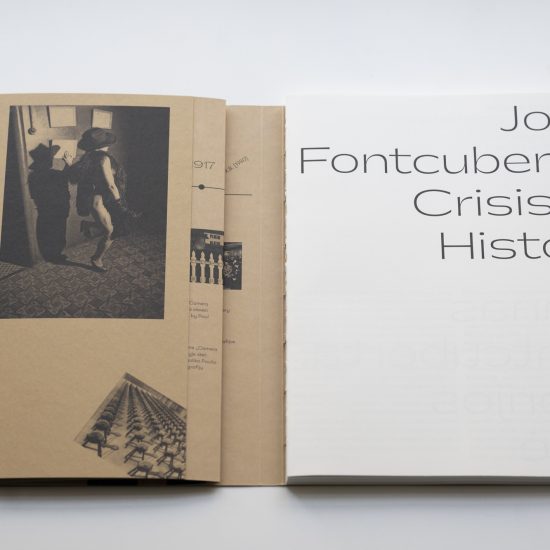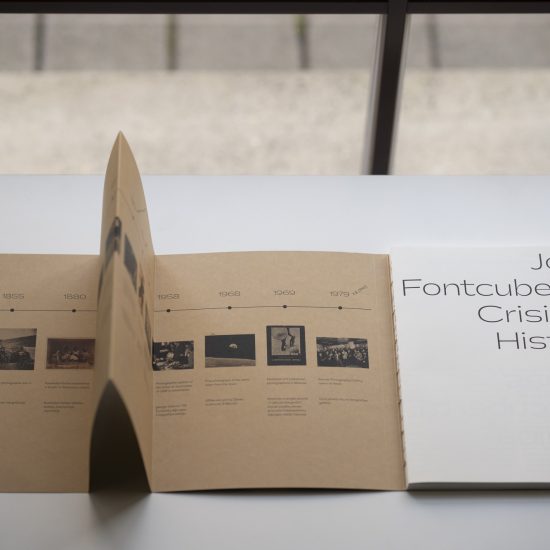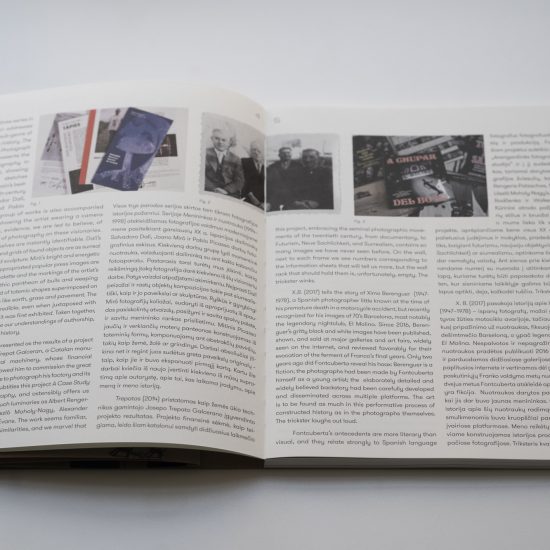Irena Giedraitienė. A Woman with a Photo Camera
The part of I. Giedraitienė’s archive published in the book is like a chronicle of everyday life in Soviet-era Lithuania. Only it reflects the positive, beautiful and romantic side of life rather than the official one. There are few reflections of political life: communist parades or festivals, party or various committee congresses, and other themes protected by socialist realism. Giedraitienė’s work is not characterised by criticism of the system or society, nor by ridicule of people or their vices. Her archive contains reflections of eternal values and documents of the most important events in a person’s life: weddings, funerals, children, celebrations, holidays, meetings with interesting or dear people. Anything that rises above the crushing Soviet reality. Being kind-hearted, positive, open and not inclined to complain in life herself, Giedraitienė usually turns her lens to what is beautiful and good, and if she touches upon a sadder subject, she still makes the camera not to capture excessive negative emotions or expressions.
The collection “A Woman with a Photo Camera” contains photographs from 1955-1999, but the structure of the book is based on thematic sections rather than chronology. Starting with the first and perhaps the most striking of the series, Spartakiada of Nations (1956), and ending with the shocking but beautiful portraits of the author’s dying mother.
The desire to present the context of the Soviet era to an inexperienced younger generation was the reason for the search for an appropriate historical perspective. And I. Giedraitienė herself, her work and her achievements cannot be seen without taking into account the period and the rules it dictated, especially for women. Dr Tomas Vaiseta, a young historian, took up this difficult task (article “Labyrinth with a dead monster: wandering through the everyday life of the Soviet era”) and succeeded well. Art historian Dr Virginijus Kinčinaitis focused his attention on the author’s first series “The Spartakiada of Nations” and chose gender and carnality as the key to his analysis. In her text “Stories of Suspended Soviet Moments”, literary scholar Rūta Mėlynė delved into the work of I. Giedraitienė, and in her article, she reflects on the significance of photographs and the photographer in the Soviet era and now.
Information by Kultūros meniu
€15.00
Edited by Eglė Deltuvaitė
Texts Eglė Deltuvaitė, Virginijus Kinčinaitis, Rūta Mėlynė, Tomas Vaiseta
Design Jurgis Griškevičius
Printed by Kopa
Published by Kultūros meniu, 2016
Additional information
| Pages | 216 p. |
|---|---|
| Language | Lithuanian, English |
| ISBN | 978-609-8132-01-4 |



